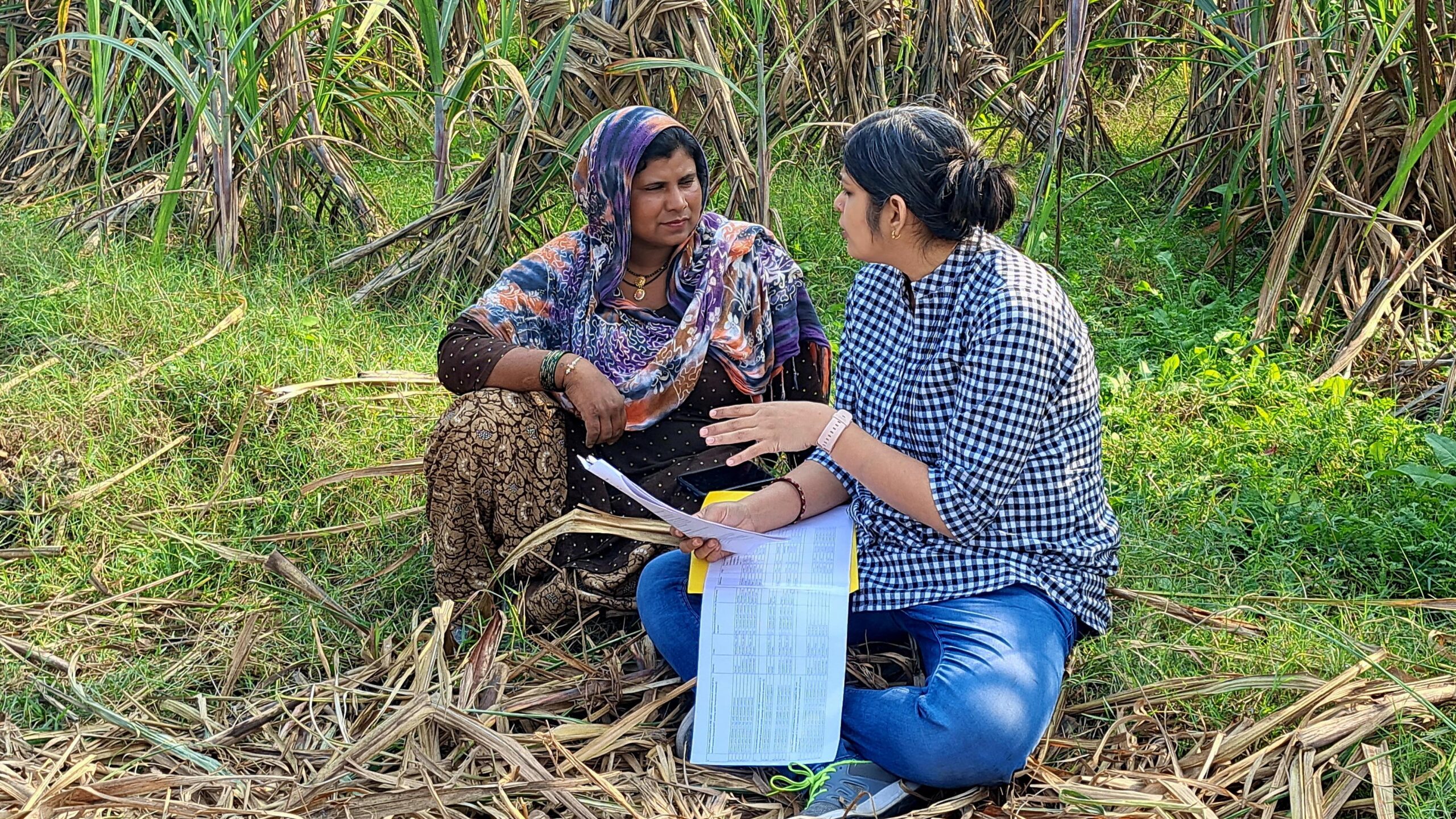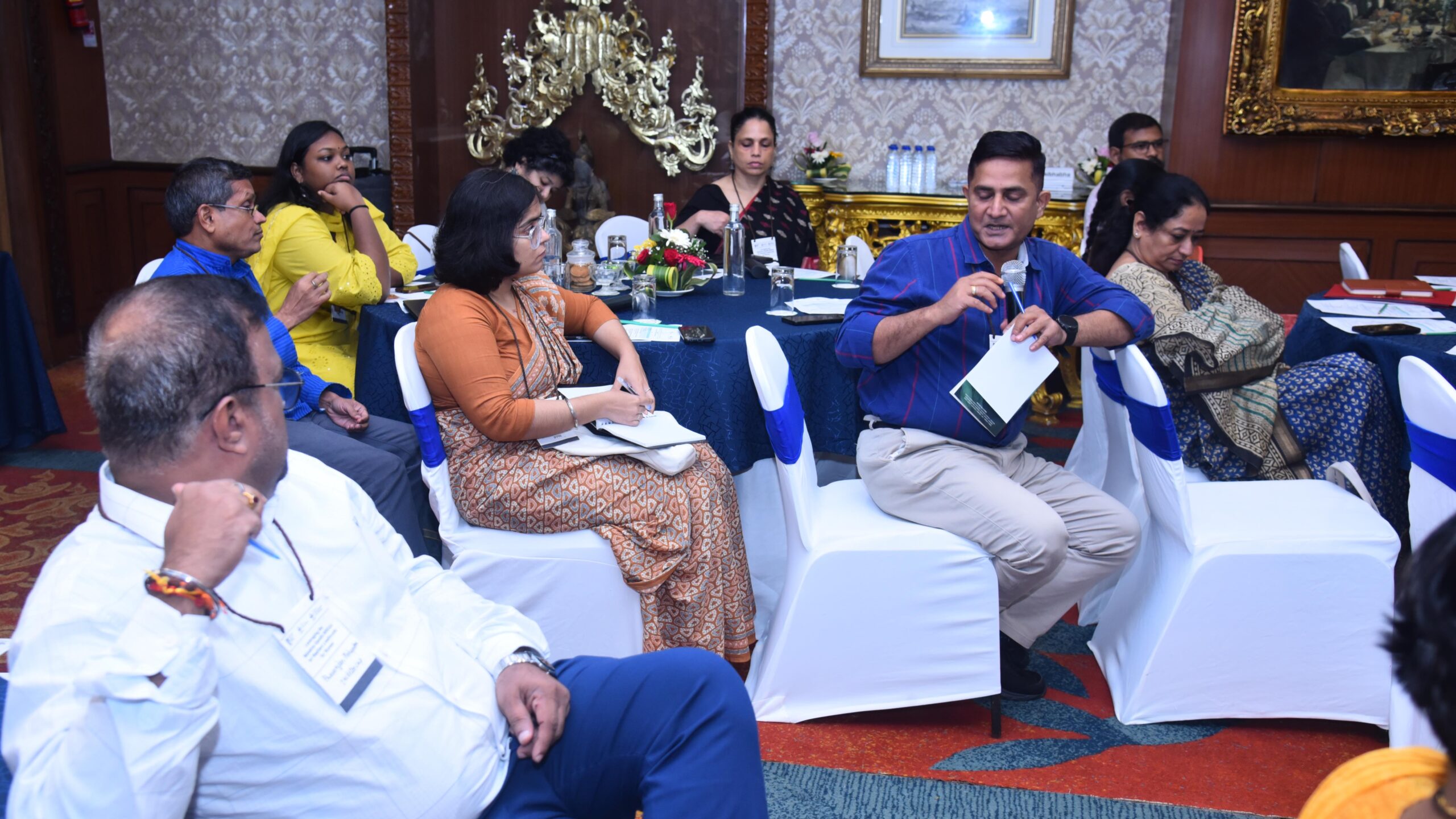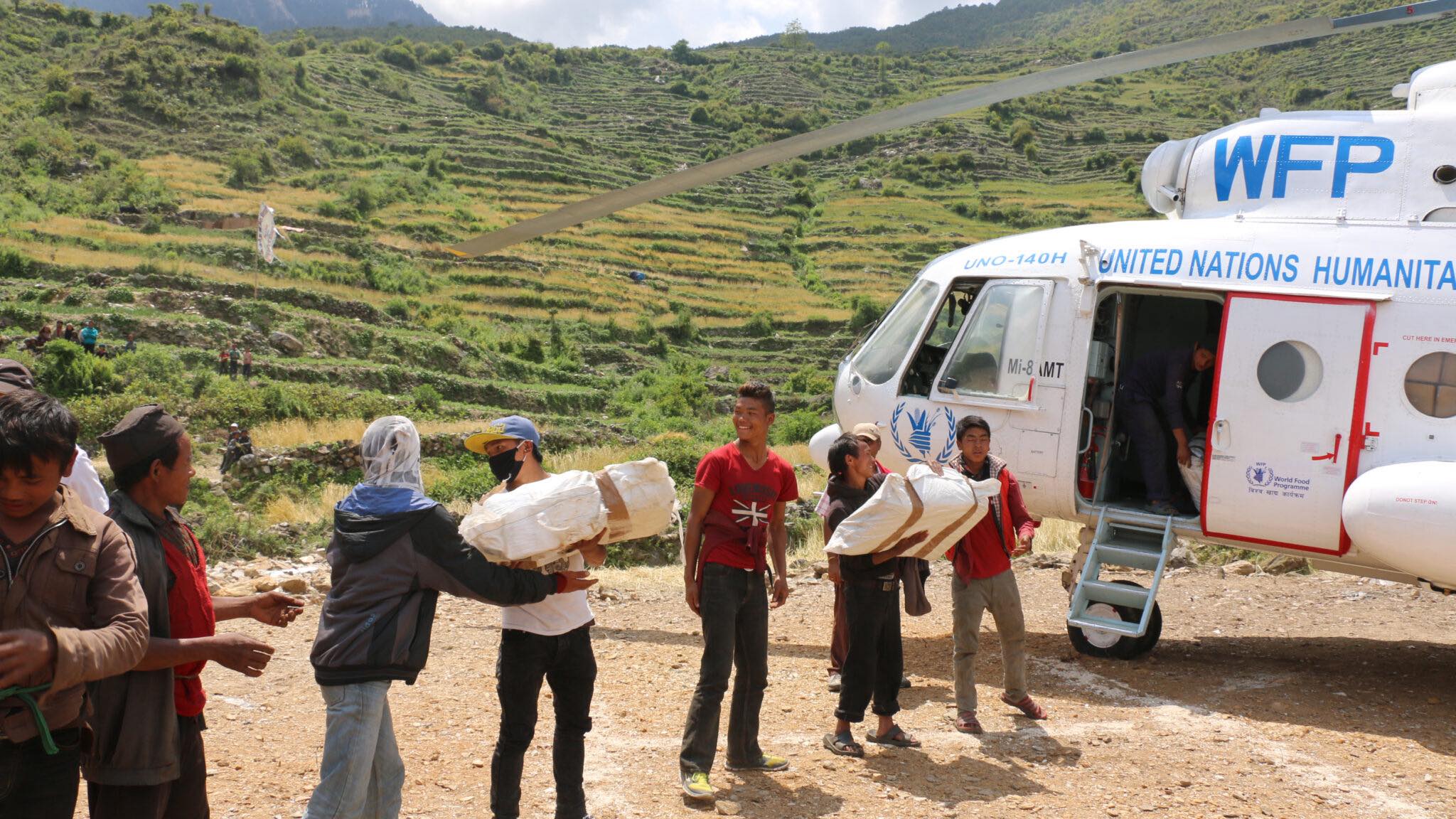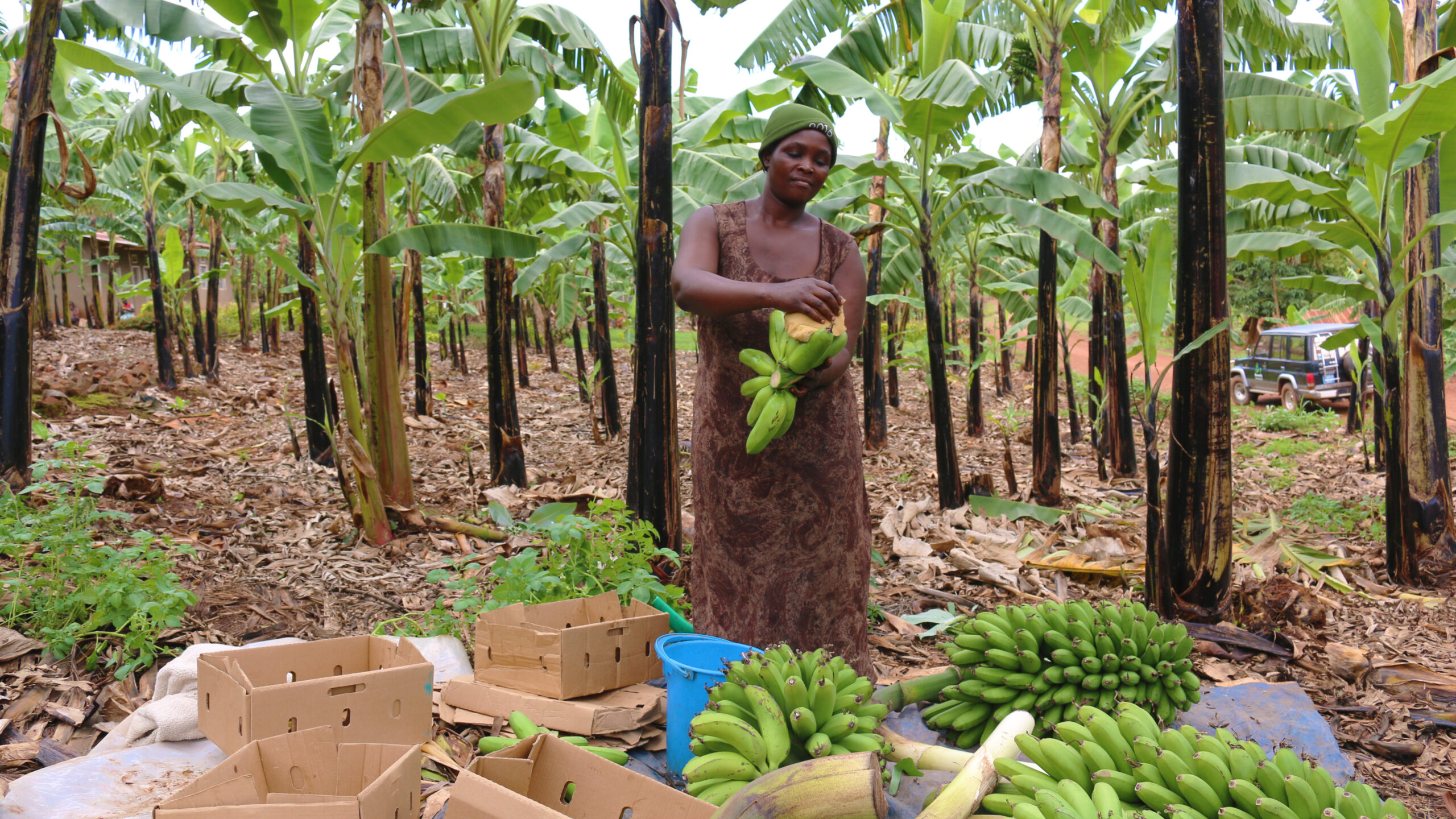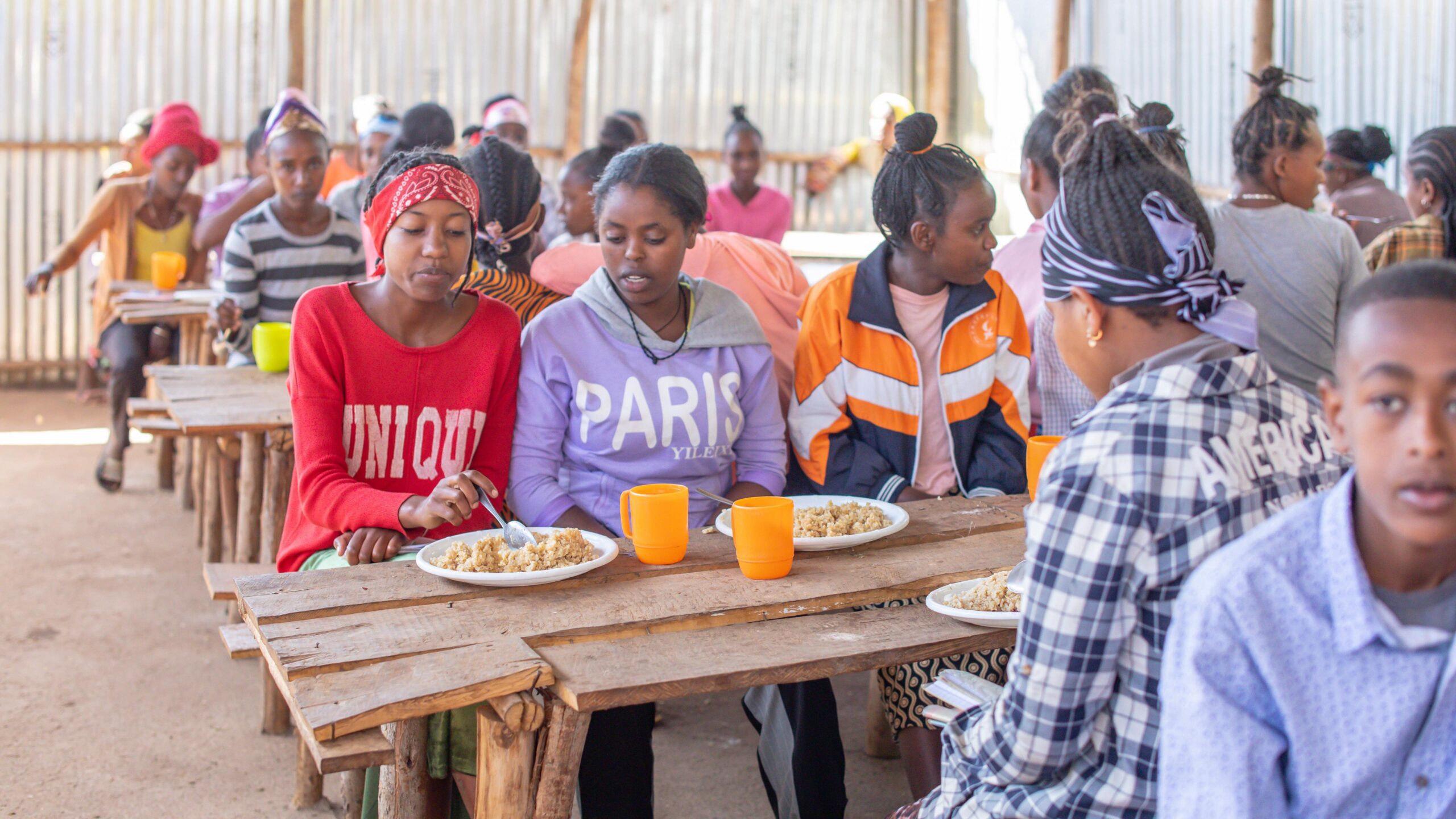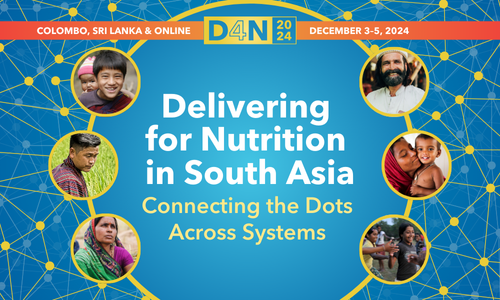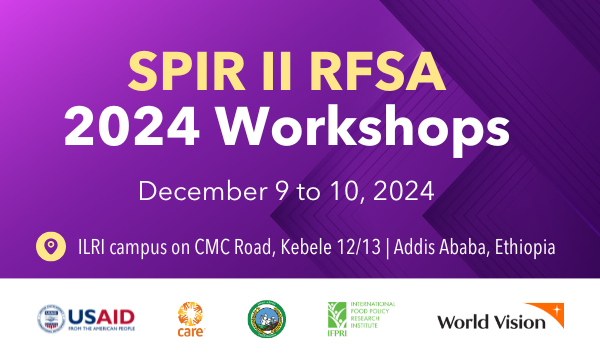What’s New
Featured Publications
Journal Article
Experimental measures of intra-household resource control
2024Ambler, Kate; Jones, Kelly; Recalde, María P.Journal Article
The demographic transition and rural industrialization in China
2024Huang, Qing; Xie, Yu; Zhang, XiaoboJournal Article
Men can cook: Effectiveness of a men’s engagement intervention to change attitudes and behaviors in rural Ethiopia
2025Alderman, Harold; Gilligan, Daniel O.; Hidrobo, Melissa; Leight, Jessica; Mulford, Michael; Tambet, Heleene
The 2024 Global Food Policy Report
Food systems and diets underpin many critical challenges to public health and environmental sustainability, including malnutrition, noncommunicable diseases, and climate change, but healthy diets have the unique potential to reshape the future for both human and planetary well-being. Drawing on recent evidence and experience, the 2024 Global Food Policy Report highlights opportunities for transforming food systems to ensure sustainable healthy diets for all.
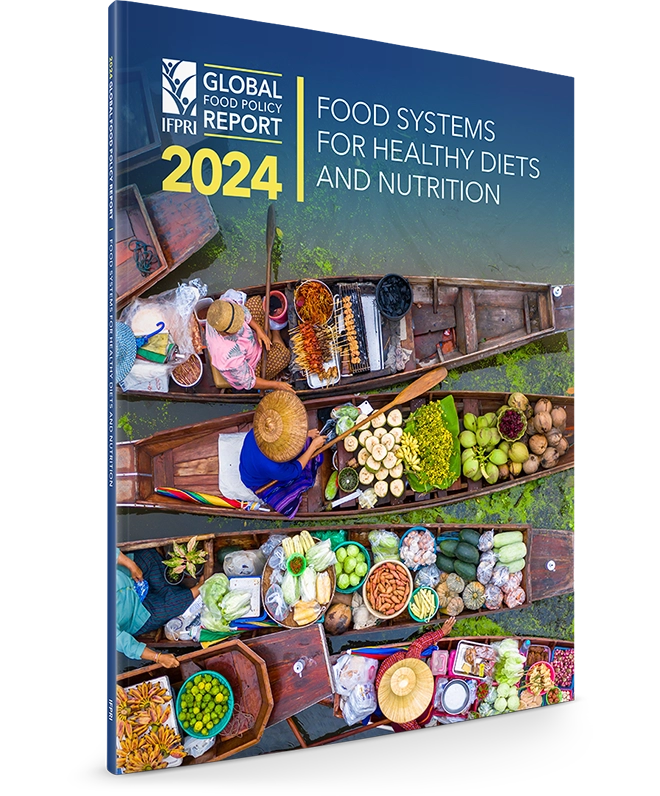
IFPRI and CGIAR
IFPRI is a Research Center of CGIAR, a global research partnership for a food-secure future. IFPRI researchers work in close partnership with researchers from other CGIAR Centers and partners through many CGIAR Research Initiatives and Platforms. Our work contributes to the CGIAR mission of delivering science and innovation that advance the transformation of food, land, and water systems in a climate crisis.

Experts in Our Field
IFPRI’s experts work around the world to provide the evidence that supports effective policies to reduce poverty and end malnutrition.
600+
staff across the world
80+
countries where we work
#1
in the field of Agricultural Economics
20,000+
research outputs

From our video channel
In this interview with RFD-TV, Purnima Menon, Senior Director, Food and Nutrition Policy, CGIAR and IFPRI, discusses what UNGA and Climate Week meetings mean for agriculture, and why it’s important for global leaders to prioritize agricultural innovation as they make decisions about how to address climate change and other global issues. She also highlights CGIAR’s scientific research benefits farmers both in the US and abroad.
Our Events

Making a Difference Blog Series

For more than three decades, IFPRI has worked with the Government of Ethiopia to provide evidence-based advice on the development of the country’s agricultural sector.
IFPRI’s research and policy recommendations led to the establishment of Ethiopia’s Agricultural Transformation Agency (ATA) in 2010, which continues to play a critical role in guiding the country’s agricultural development and sustainability.
Tamsin Zandstra, Gashaw T. Abate, Shahidur Rashid, and Nicholas Minot outline how IFPRI’s long-term strategic research support to the ATA has led to several tangible government policy outcomes.




